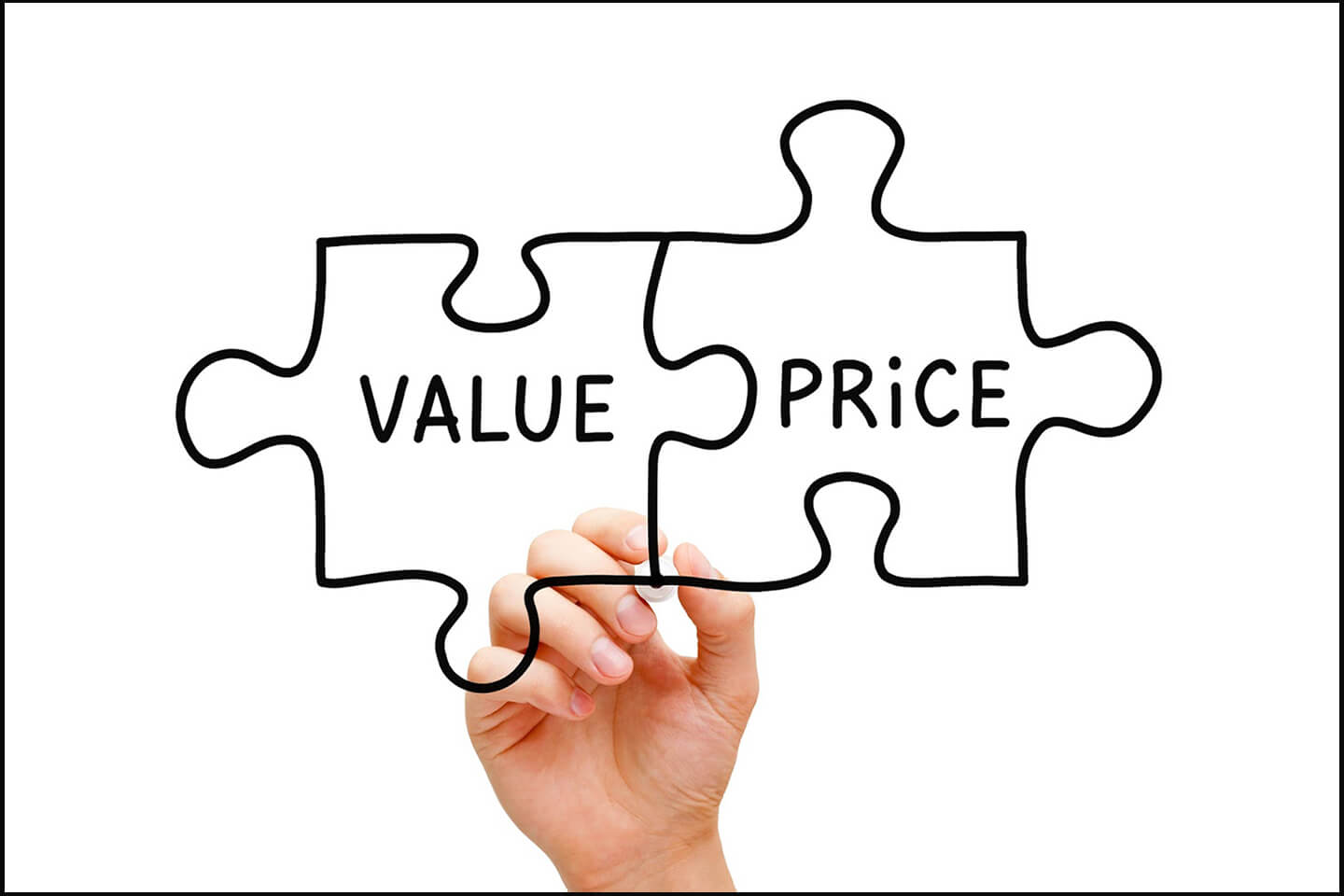Maximizing price when selling your business doesn’t need to be difficult, but it does take some planning and preparation. The reason for a business sale often influences its final value – if you need a quick sale due to ill health, for example.
Initially, it’s important to clarify your own goals so you can take targeted action to maximize selling price, but careful planning is at the heart of achieving your goals.
Paul Williamson is managing director at Selling My Business, a veteran business transfer agent, founded over 60 years ago. Specializing in the sale and acquisition of businesses, Selling My Business maintains an extensive network of active buyers.
The Importance of Planning When Selling Your Business
Some people buy or start a business with an end-goal already in mind. They have a specific exit plan that’s put into effect over a period of time, and if you’re able to do so, this forward planning offers huge advantages.
- It allows you to benefit from favorable market conditions as your business is already prepared for sale
- You have more control over the process
- You’re clear about the ideal timeline and price and can work purposefully towards it
What could persuade potential buyers that your business is the right one for them?
What are Buyers Seeking When They Purchase a Business?
Prospective buyers will want to see a well-ordered business that has clear contractual arrangements with suppliers and customers. They’ll need unambiguous financials and information to give them the confidence to take further steps.
The buyer due diligence process will uncover irregularities in the information you provide, so it’s worthwhile taking time to bring financial reports in order before you begin selling your business.
You want to instill confidence in a buyer that you’re information is complete and accurate. It’s also advisable to demonstrate that the business doesn’t depend excessively on you personally, so the buyer can envision a smooth transition.
Fundamentals to Maximizing Price When Selling Your Business.
These are some of the basic steps you need to take, which are fundamental to a business sale. Because a buyer needs confidence, these really are the foundation of sale preparation.
- Current and accurate business books
- Up-to-date tax liabilities and a good history of on-time payments and filings
- Excellent management information produced from a clear system
- Detailed and clear supplier, customer, and staff contracts
- Insurance policies and other documentation, such as workplace pension information
- Good practice guides and documentation
Prospective buyers will look for evidence that the business can run smoothly when they take over. Documentation such as good practice guides shows that this is the case - that the business is well organized and doesn’t rely too heavily on yourself as the current owner.
Other Steps to Selling Your Business
Take professional advice
You’ll need legal and accounting support to prepare certain sales documents, including the terms and conditions of sale, the final sales agreement, financial information included in the initial sales memorandum, and projected sales and cash flow. You may also choose to hire a professional business sales agent who can undertake negotiations on your behalf.
Reduce discretionary spend
Cost-cutting and generally lowering your outgoings keeps the business streamlined, and demonstrates you have control over your finances. Stop any unnecessary expenditures, but also try to reduce the remaining costs as far as possible by regularly searching for better ways.
Set clear goals and objectives
- What is the most important aspect of the sale for you? The time it takes to sell/the final value/the continuity of your business’ reputation after-sale?
- Do you need to streamline the business prior to the sale? Or maybe focus on improving customer service levels?
- Would investing in a new IT infrastructure encourage a sale?
These are just a few of the questions to ask yourself to establish your main objectives and aims.
Try to work on your business rather than in it
It can be difficult to view a business objectively when you’re involved in its day-to-day running, but you need to take an objective stance and look at your business from the perspective of a potential buyer.
Consider your intellectual property (IP)
Intellectual property can sometimes be overlooked during sale preparations, but your IP may be an asset with high value, particularly if it’s registered. Patents, copyrights, domain names, and logos, all contribute to the value of well-respected and easily identifiable businesses, whether that’s on a local level or globally.
Be Proactive when Selling Your Business
Providing a reliable and realistic picture of your business, including its history, the reason why you’re selling, and projected sales and cash flow, can instill confidence in anyone interested in buying.
You can proactively demonstrate that your business is a good prospect by planning ahead, carefully preparing for a sale, and taking advice from professionals with experience in your industry.

